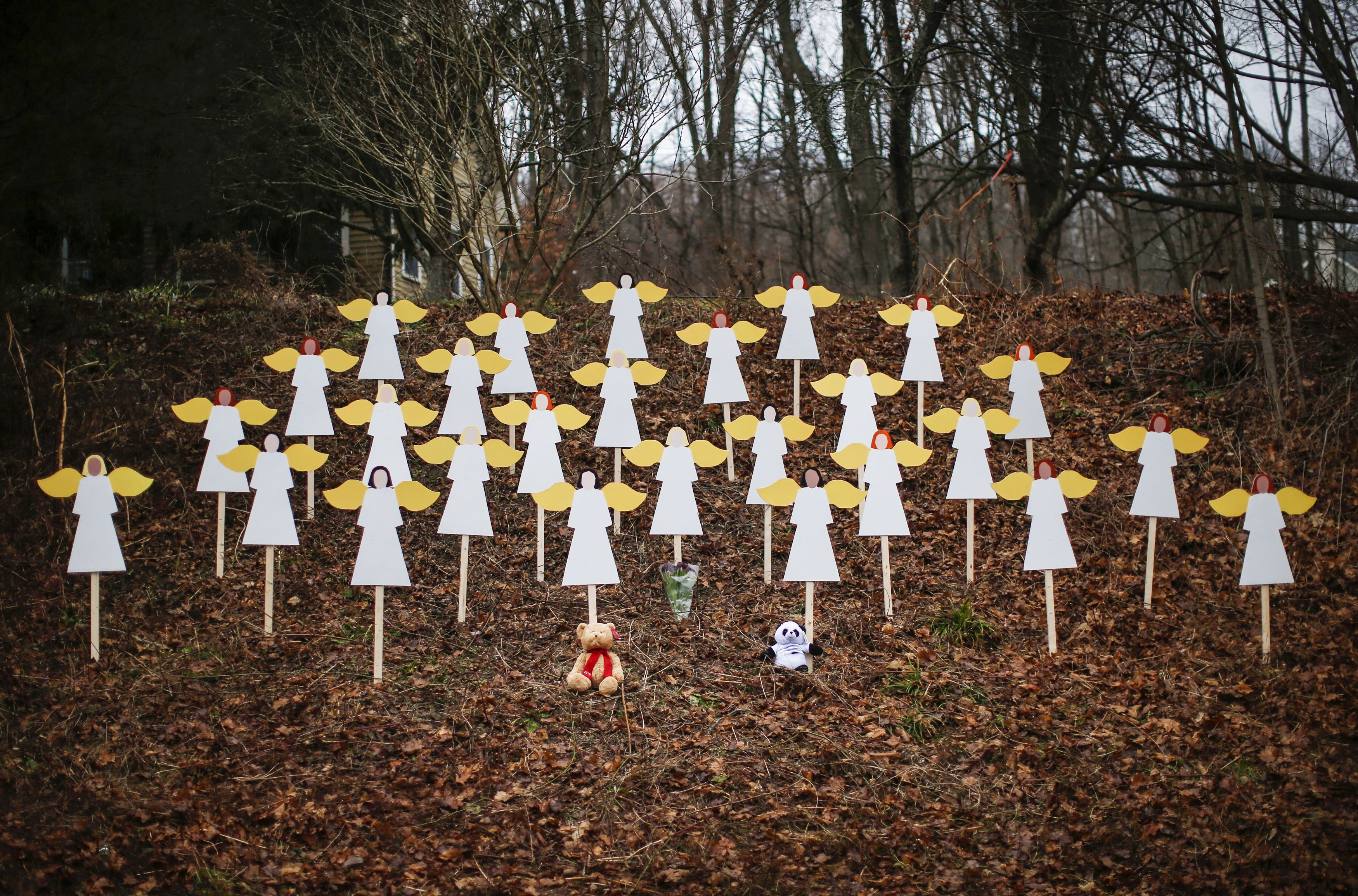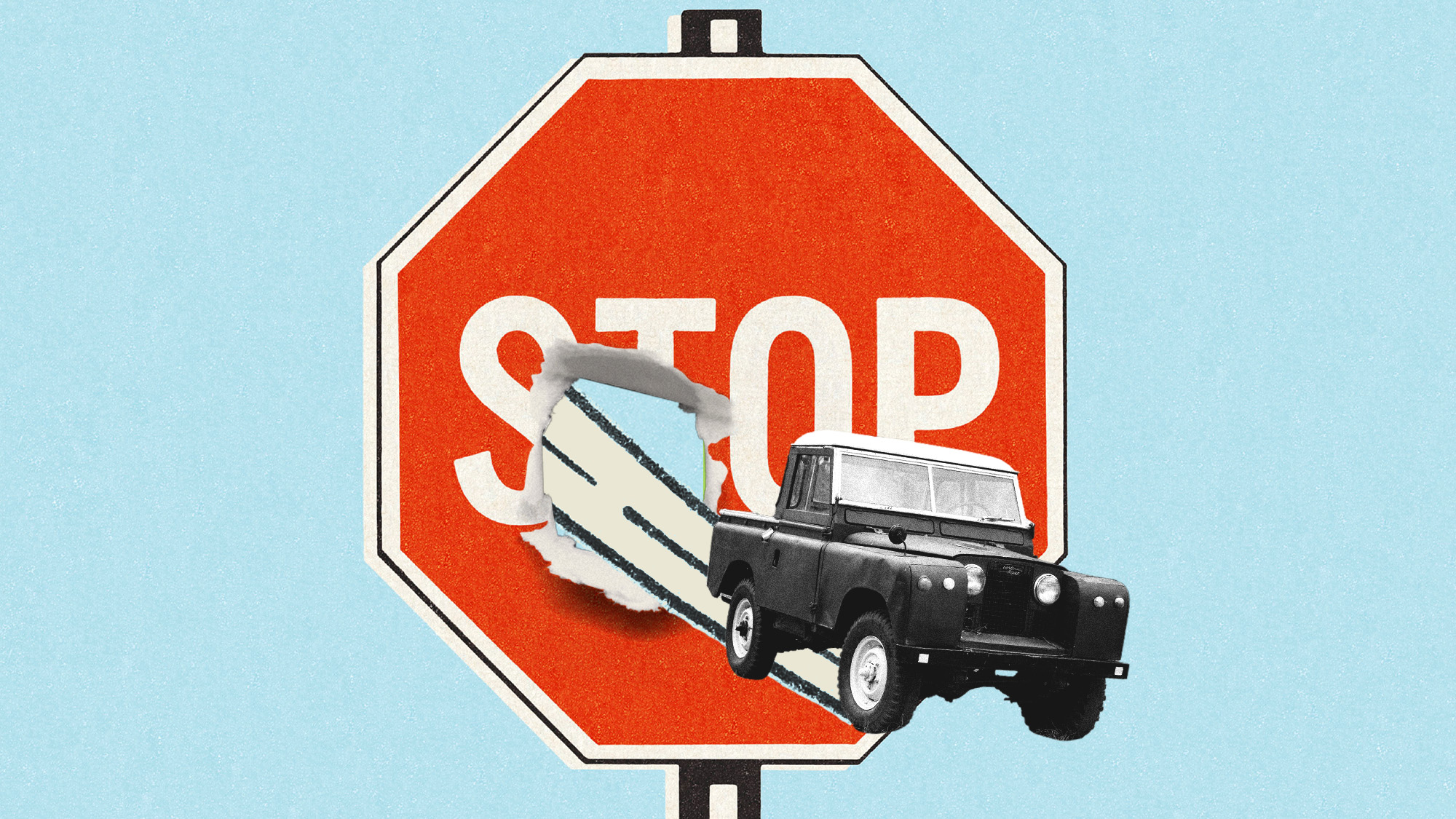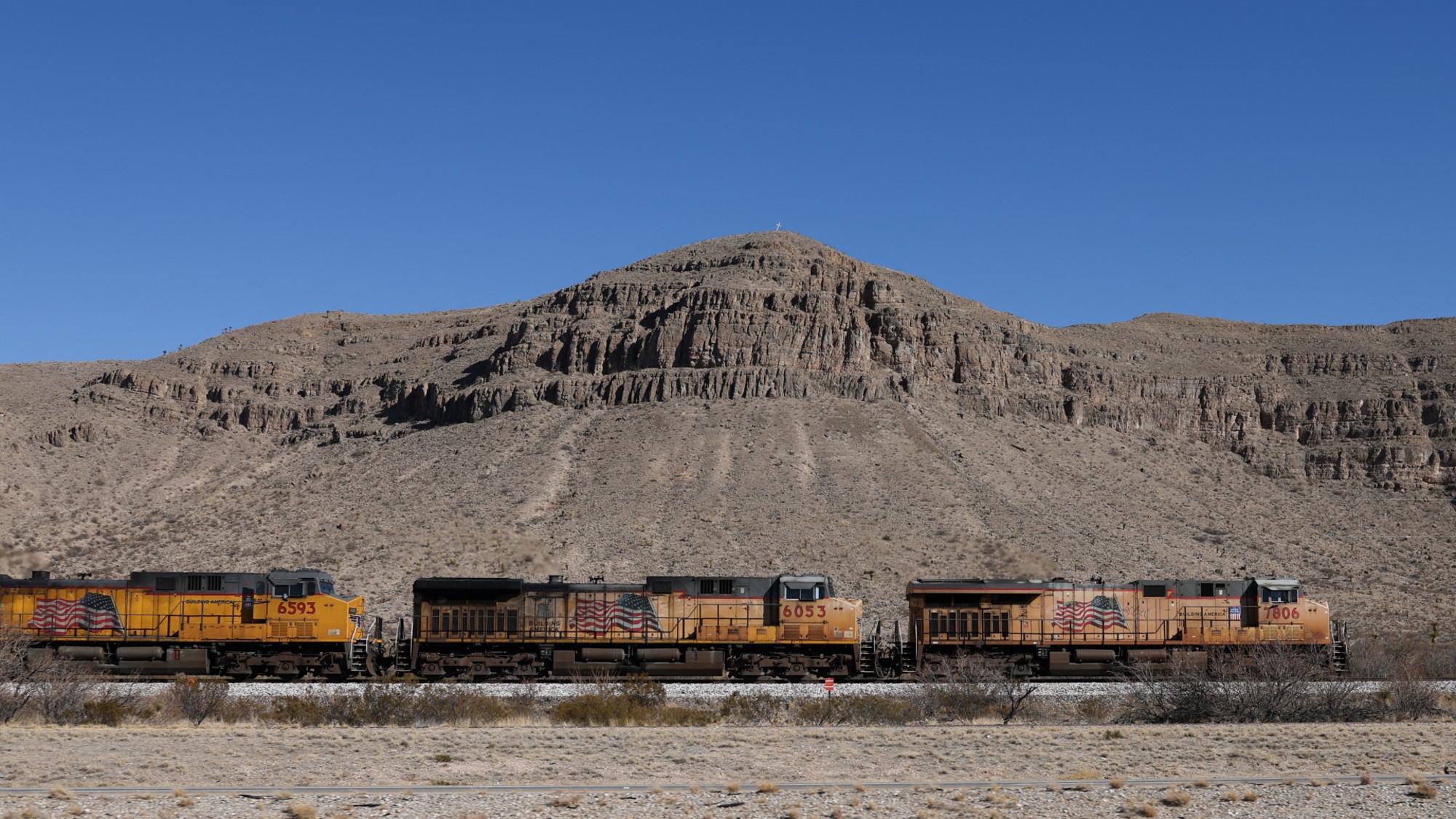America's killing contagion
America leads the world in mass shootings. Why?

America leads the world in mass shootings. Why? Here's everything you need to know:
Are mass shootings becoming more common?
Without a doubt, although their prevalence depends on how mass shootings are defined. A recent Harvard University analysis that combined FBI data with other statistics concluded that since 2011, the frequency of mass attacks has tripled. But the commonly used definition — at least four people shot dead in a public place — would exclude last month's shooting on live TV in Roanoke, Virginia, which left two dead and one injured, as well as last month's movie theater shooting in Lafayette, Louisiana, in which two were killed and nine survived gunshot wounds. Under a broader definition including all shooting deaths of four or more people, USA Today counted 346 mass shootings over a 17-year period, with 1,697 victims — about 20 a year. A still broader definition used by ShootingTracker, a crowdsourced website, counts all attacks in which four or more people are shot, whether or not they're killed. In the first 239 days of this year, the site recorded 249 mass shootings. "It's a bigger problem today than it was a decade ago, and it may be a bigger problem in the future," said University of Alabama criminal justice professor Adam Lankford, who just completed a study on mass shootings.
The Week
Escape your echo chamber. Get the facts behind the news, plus analysis from multiple perspectives.

Sign up for The Week's Free Newsletters
From our morning news briefing to a weekly Good News Newsletter, get the best of The Week delivered directly to your inbox.
From our morning news briefing to a weekly Good News Newsletter, get the best of The Week delivered directly to your inbox.
How does the U.S. compare with other countries?
We are by far the world leader in this gruesome category. Mass shootings do occur in other developed nations — the worst ever was in Norway in 2011, when far-right fanatic Anders Behring Breivik shot dead 67 people and killed 10 more with bombs. But they're much rarer. In his new study, Lankford found that while the U.S. accounts for just 5 percent of the global population, it has 31 percent of all public mass shootings in which at least four people are killed. The U.S. has five times the number of mass shootings as the next-highest country on the list, the Philippines. Why? There are many factors, but the most obvious one is the U.S.'s unique gun culture. The U.S. easily has the most guns per capita of any country in the world. With an estimated 310 million guns in circulation — roughly one for every American — and lax gun laws in many states, it's not hard for delusional or vengeful people to procure a semiautomatic handgun or rifle.
What drives the shooters?
Revenge over real and imagined slights, the desire for attention and fame, the delusions of mental illness — all can play a role. Almost all mass shooters are male, and about 64 percent are white, 16 percent black, and 9 percent Asian, according to a Mother Jones study. Only 23 percent have been treated for mental illness. After studying dozens of mass shootings, Lankford concluded that the American dream itself may contribute to the frequency of these killings. Americans, he says, are told that with hard work, anyone can be wealthy and successful. When success fails to materialize and men find themselves on the margins of society, they feel cheated, emasculated, and hopeless. "They are in real pain," Lankford says, "but they're eager to blame that pain on those around them."
A free daily email with the biggest news stories of the day – and the best features from TheWeek.com
Why do they turn to violence?
Killing former colleagues, schoolmates, or groups of strangers in a final, suicidal spasm serves not only as an act of revenge but as a way of forcing the world to be aware of the killer's inner torment. These very public attacks also give the killer the fame that eluded him in his failed life. "They fantasize about going out in a blaze of glory," says Lankford. In the U.S., he notes, "fame is revered as an end unto itself," even when the notoriety is negative.
So mass killings cause more mass killings?
The evidence strongly points to that conclusion. Some researchers, in fact, believe the U.S. suffers from "a contagion" of these attacks. "National news media attention is like a 'vector' that reaches people who are vulnerable," said Arizona State University researcher Sherry Towers. These disaffected people can be "infected" by the attention other angry, disturbed people get by becoming mass killers. Before he shot dead 20 young children and six adults at Sandy Hook Elementary School in 2012, Adam Lanza created a 7-by-4-foot spreadsheet documenting the names, body counts, and weapons from previous mass murders. "It sounded like a doctoral thesis," one law enforcement veteran said.
Can anything be done?
Many proposals have been made, including reducing the availability of guns and high-capacity magazines, and identifying and treating mentally ill people who are prone to violence. All the proposed solutions might reduce attacks to a modest degree, but all face strong political, legal, and logistical obstacles to being enacted. Lankford believes the viral contagion of mass shootings is now deeply embedded in a culture steeped in guns, fame, and alienated men, and is unlikely to abate any time soon. "It's the dark side of American exceptionalism," he says.
The mental health 'solution'
Mass shootings are often blamed on failures in the mental health system. More than half of mass shooters, researchers have found, have some symptoms of mental illness, ranging from simple depression to paranoia and schizophrenia. But less than 1 in 4 of them have sought mental health treatment. Jeffrey Swanson, a medical sociologist at Duke University, points out that millions of Americans have some form of mental illness. How do you decide who's going to snap? "The vast majority of people with mental illness are not violent and never will be," Swanson says. "We can't go out and lock up all the socially awkward young men in the world." Jonathan Metzl, a sociologist who has studied mass shootings, says it's folly to believe that most mass shooters could be forced into involuntary psychiatric treatment before they act. "There is no one diagnosis that's linked to mass shootings," he says, "so there's no psychiatric test that can prevent a mass shooting. They're very hard to predict."
-
 Zimbabwe’s driving crisis
Zimbabwe’s driving crisisUnder the Radar Southern African nation is experiencing a ‘public health disaster’ with one of the highest road fatality rates in the world
-
 The Mint’s 250th anniversary coins face a whitewashing controversy
The Mint’s 250th anniversary coins face a whitewashing controversyThe Explainer The designs omitted several notable moments for civil rights and women’s rights
-
 ‘If regulators nix the rail merger, supply chain inefficiency will persist’
‘If regulators nix the rail merger, supply chain inefficiency will persist’Instant Opinion Opinion, comment and editorials of the day
-
 'Once the best in the Middle East,' Beirut hospital pleads for fuel as it faces shutdown
'Once the best in the Middle East,' Beirut hospital pleads for fuel as it faces shutdownSpeed Read
-
 Israeli airstrikes kill senior Hamas figures
Israeli airstrikes kill senior Hamas figuresSpeed Read
-
 An anti-vax conspiracy theory is apparently making anti-maskers consider masking up, social distancing
An anti-vax conspiracy theory is apparently making anti-maskers consider masking up, social distancingSpeed Read
-
 Fighting between Israel and Hamas intensifies, with dozens dead
Fighting between Israel and Hamas intensifies, with dozens deadSpeed Read
-
 United States shares 'serious concerns' with Israel over planned evictions
United States shares 'serious concerns' with Israel over planned evictionsSpeed Read
-
 Police raid in Rio de Janeiro favela leaves at least 25 dead
Police raid in Rio de Janeiro favela leaves at least 25 deadSpeed Read
-
 Derek Chauvin's attorney files motion for new trial
Derek Chauvin's attorney files motion for new trialSpeed Read
-
 At least 20 dead after Mexico City commuter train splits in overpass collapse
At least 20 dead after Mexico City commuter train splits in overpass collapseSpeed Read